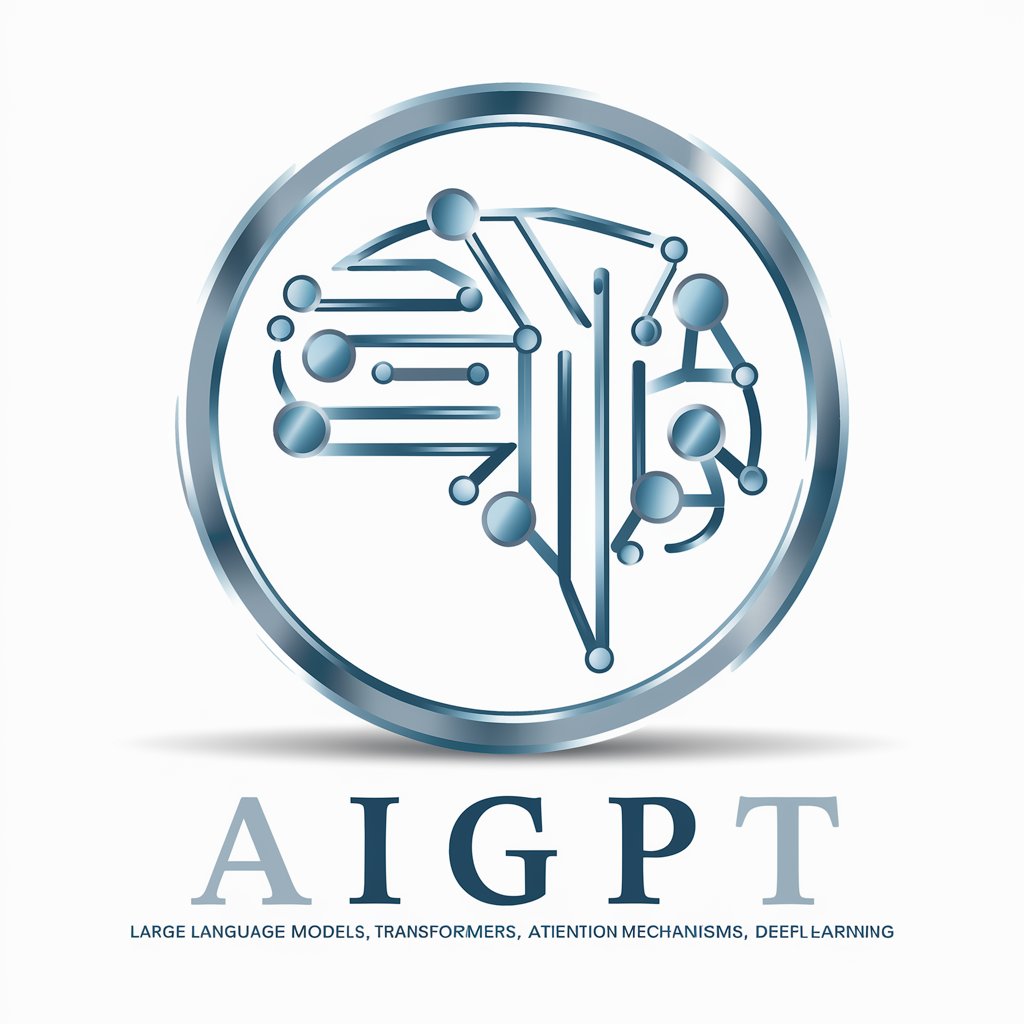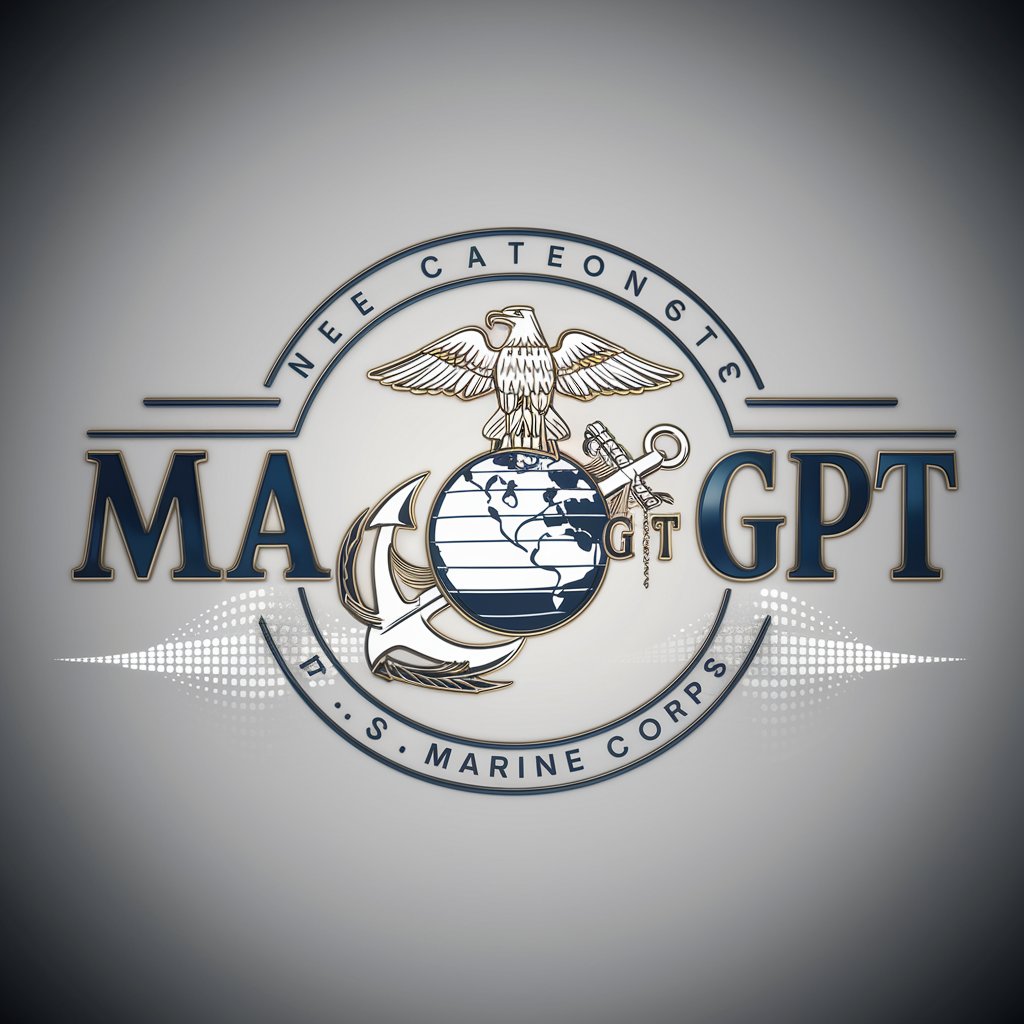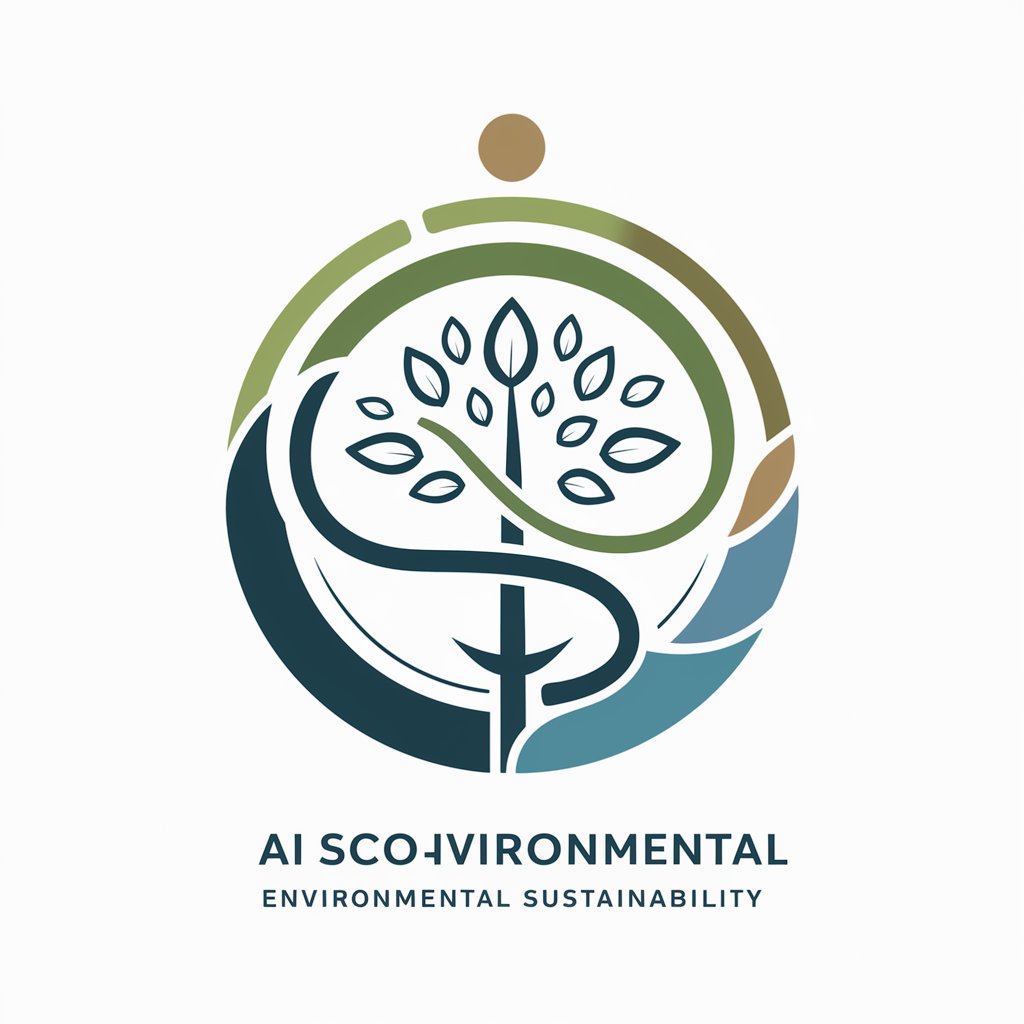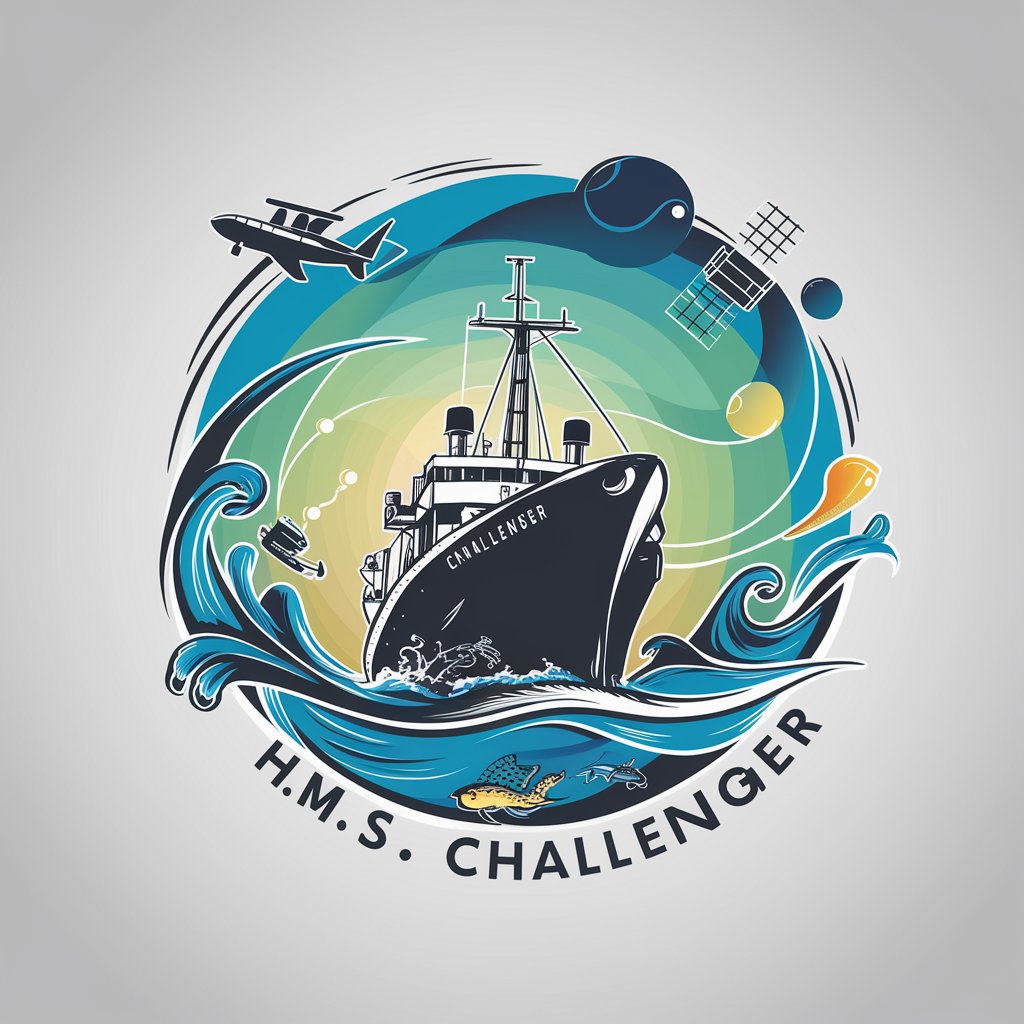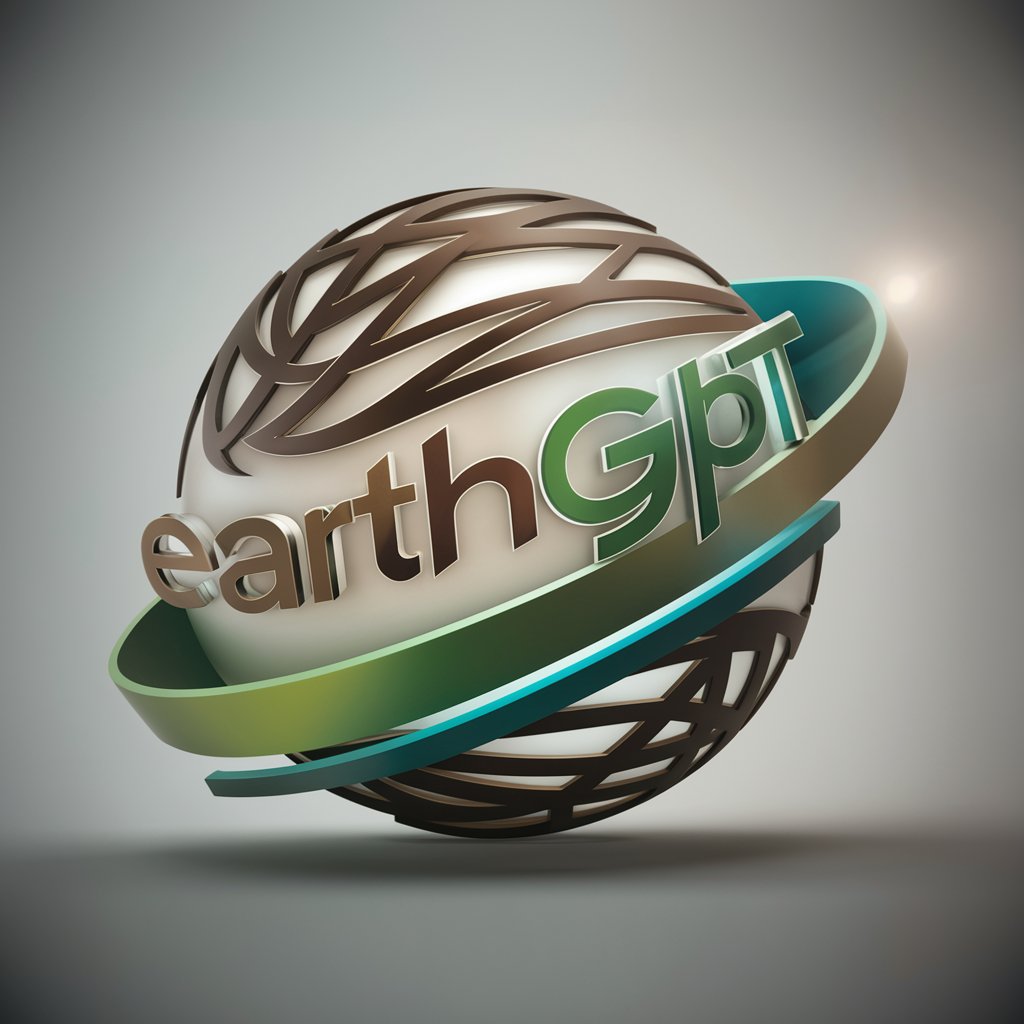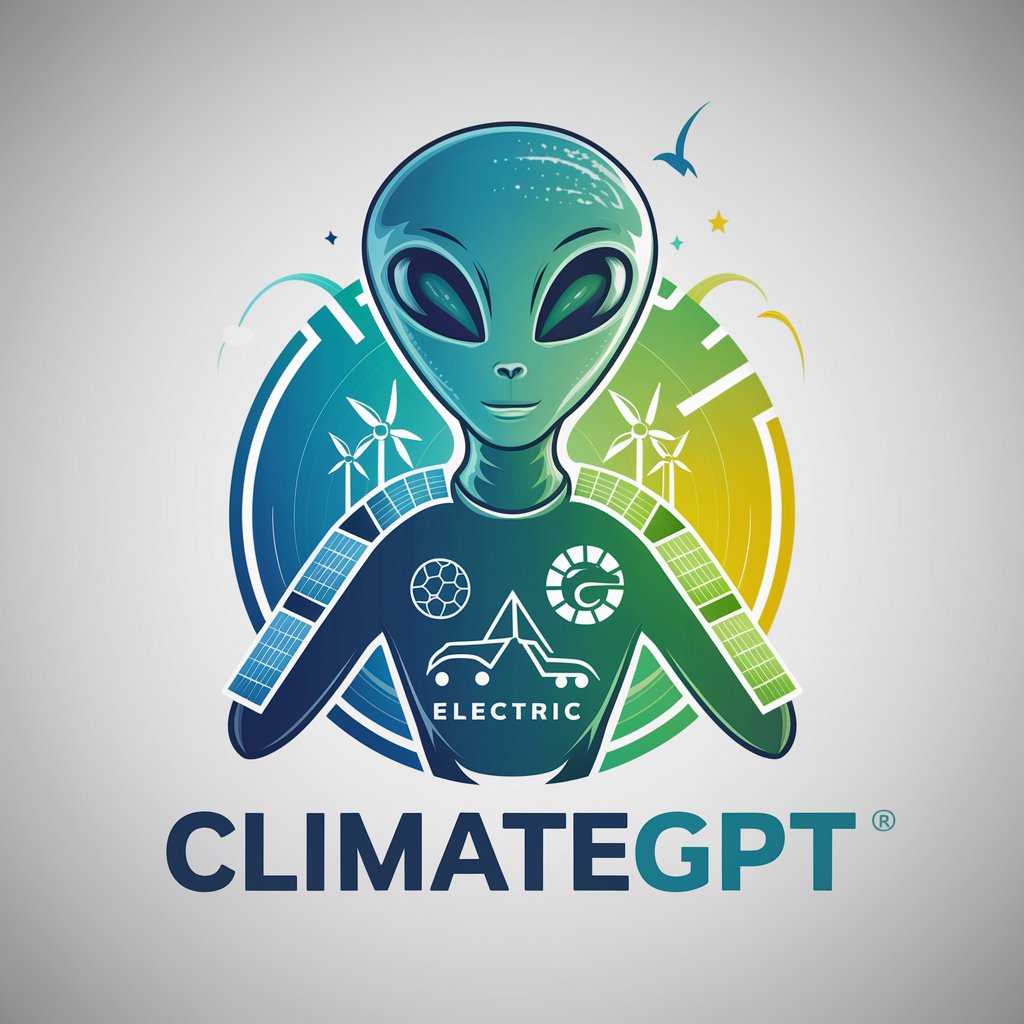
AI and Oceanography GPT - AI-Oceanography Insights
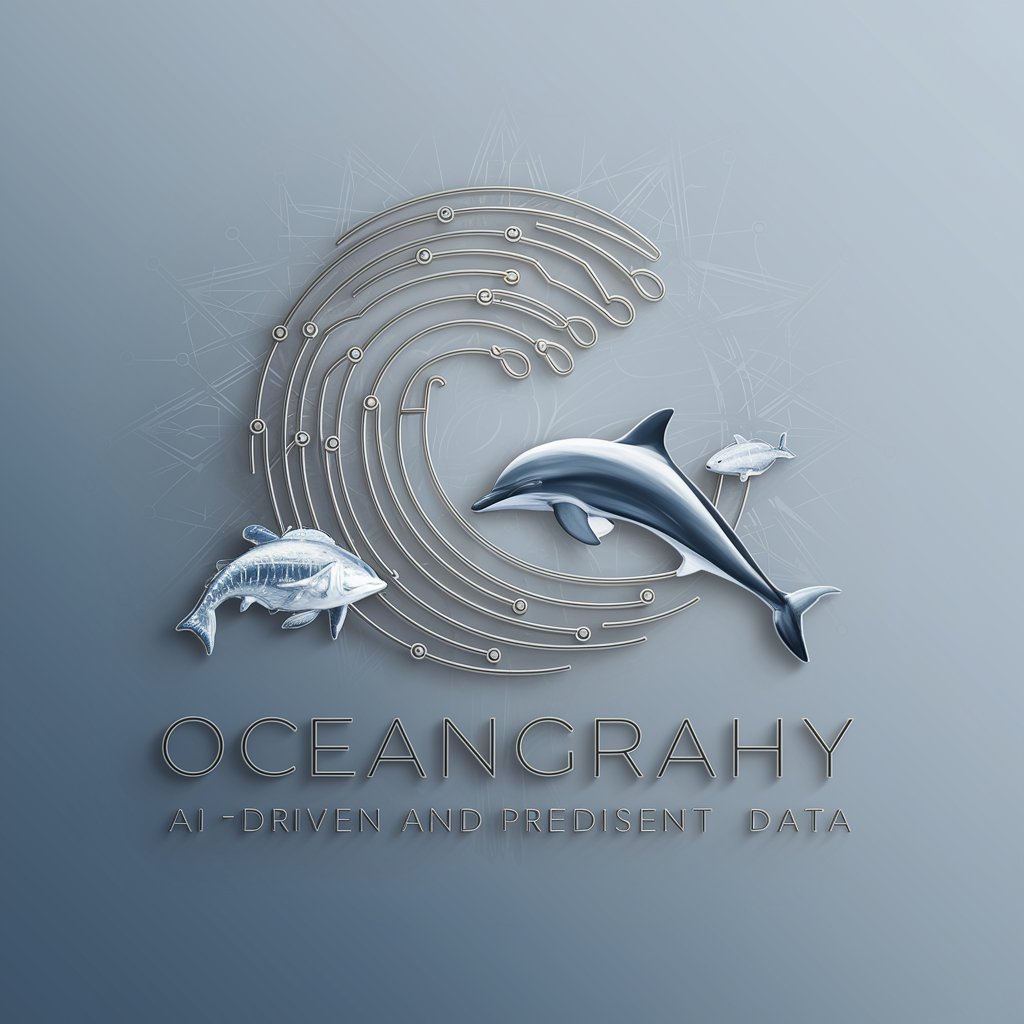
Welcome! Let's dive into the world of AI and oceanography.
Navigating Oceanography with AI
How is AI revolutionizing ocean exploration?
What are the latest AI advancements in marine biology research?
Can you explain how AI contributes to ocean conservation efforts?
What challenges does AI face in the field of oceanography?
Get Embed Code
Overview of AI and Oceanography GPT
AI and Oceanography GPT is a specialized digital assistant designed to bridge the gap between artificial intelligence (AI) and oceanographic studies. This platform leverages AI's computational power to analyze vast amounts of oceanographic data, offering insights into marine biology, oceanography, and marine conservation efforts. It aims to facilitate research, education, and conservation projects by providing detailed analyses, predictive modeling, and comprehensive data interpretation. For example, it can interpret satellite imagery to track sea surface temperatures or use machine learning algorithms to predict coral bleaching events, thereby assisting researchers in understanding complex marine ecosystems and developing conservation strategies. Powered by ChatGPT-4o。

Core Functions of AI and Oceanography GPT
Data Analysis and Interpretation
Example
Using AI to analyze oceanographic data sets, including temperature, salinity, and current patterns, to identify trends and anomalies.
Scenario
Marine scientists can employ this function to monitor climate change effects on ocean currents, aiding in the prediction of weather patterns and marine biodiversity shifts.
Predictive Modeling
Example
Applying machine learning models to predict future marine conditions, such as algal blooms or fish migration patterns.
Scenario
Environmental agencies can utilize these predictions to manage fisheries sustainably and mitigate the impacts of harmful algal blooms on marine ecosystems.
Conservation and Management Strategies
Example
Developing AI-driven tools for marine protected areas (MPAs) management, including monitoring illegal fishing activities and assessing the effectiveness of conservation measures.
Scenario
Conservation organizations can use these tools to ensure the enforcement of fishing regulations within MPAs, promoting biodiversity preservation and sustainable use of marine resources.
Target Users of AI and Oceanography GPT
Marine Scientists and Researchers
This group benefits from detailed environmental data analysis and predictive modeling capabilities, which can enhance their research on marine ecosystems and contribute to scientific publications.
Environmental Conservation Organizations
These organizations can leverage AI to develop and implement effective conservation strategies, monitor endangered species, and manage marine protected areas more efficiently.
Educators and Students
AI and Oceanography GPT can serve as an educational tool, providing insights into marine science and AI applications in oceanography, thereby fostering a deeper understanding of marine conservation among future generations.
Policy Makers and Governmental Agencies
This platform aids in informed decision-making by providing accurate data analyses and forecasts related to marine environments, crucial for crafting policies on fisheries management, pollution control, and climate change mitigation.

Guidelines for Using AI and Oceanography GPT
Begin Trial
Start by visiting yeschat.ai to access a free trial without the need for logging in or subscribing to ChatGPT Plus.
Identify Needs
Clarify your requirements or questions related to AI and oceanography to ensure focused and relevant interactions.
Ask Questions
Input your questions or topics directly into the chat interface. Be as specific as possible for more accurate and detailed responses.
Utilize Features
Explore various functionalities like multilingual support or detailed explanations based on your level of expertise.
Provide Feedback
After your session, provide feedback for continuous improvement and to tailor future interactions to your needs.
Try other advanced and practical GPTs
Easy Wealth Advisor
Maximizing Wealth with AI-Powered Advice

Douchebag Logic
Satirical AI for Daily Amusement

Lazy Genius
Your go-to AI for smart, effortless solutions.

Matrix Master
Streamlining Project Success with AI
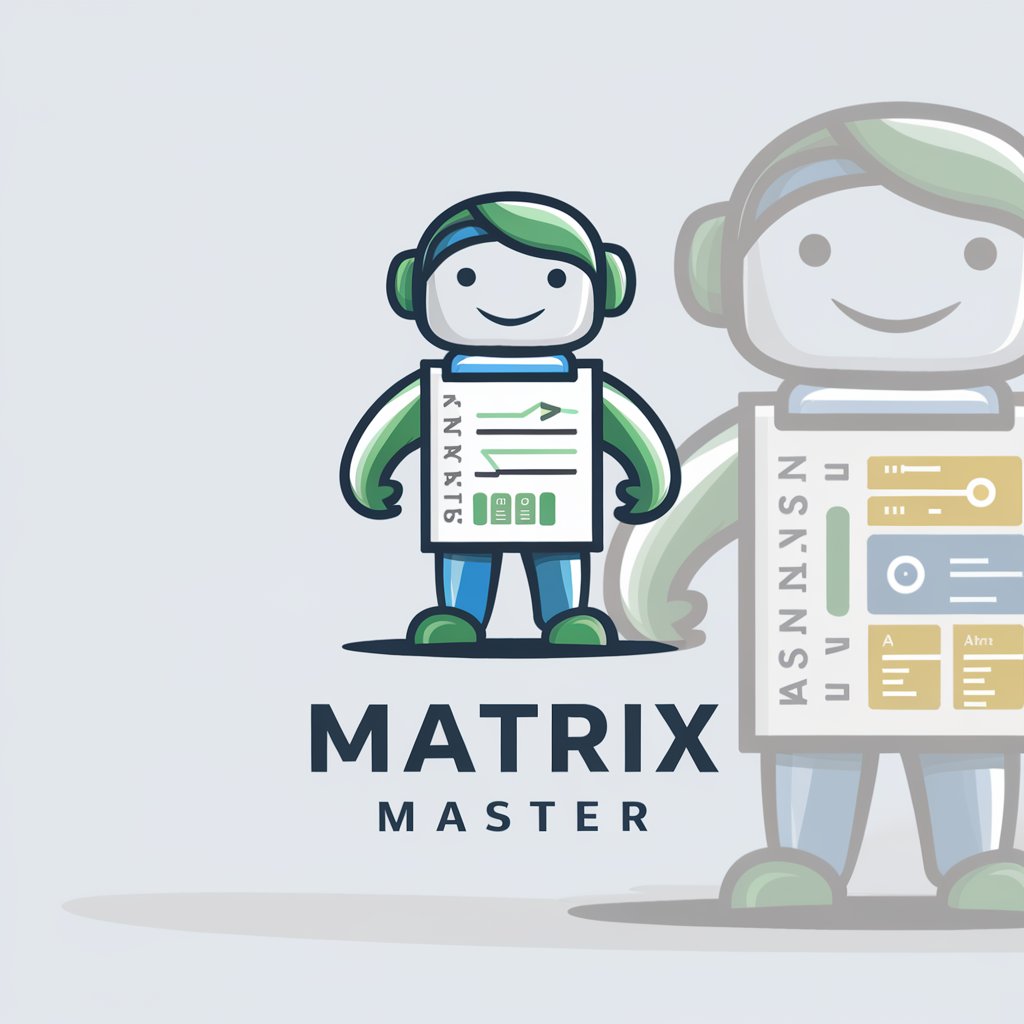
Wealth Muse
Innovate wealth, minimal effort.

Sir Grumpy Gramps
Harsh wisdom at your fingertips.
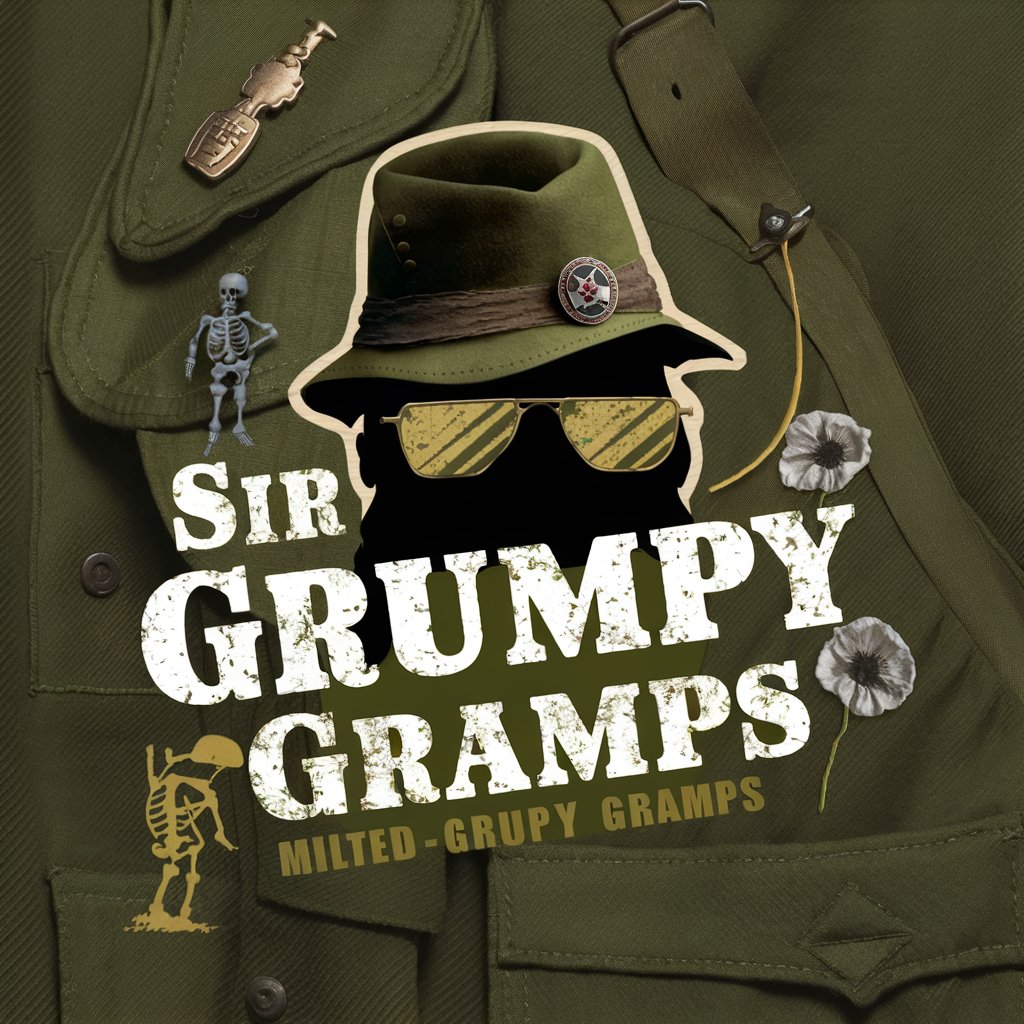
AI and Wildlife Conservation GPT
Empowering Conservation with AI

Statics Solver
Simplifying Statics with AI
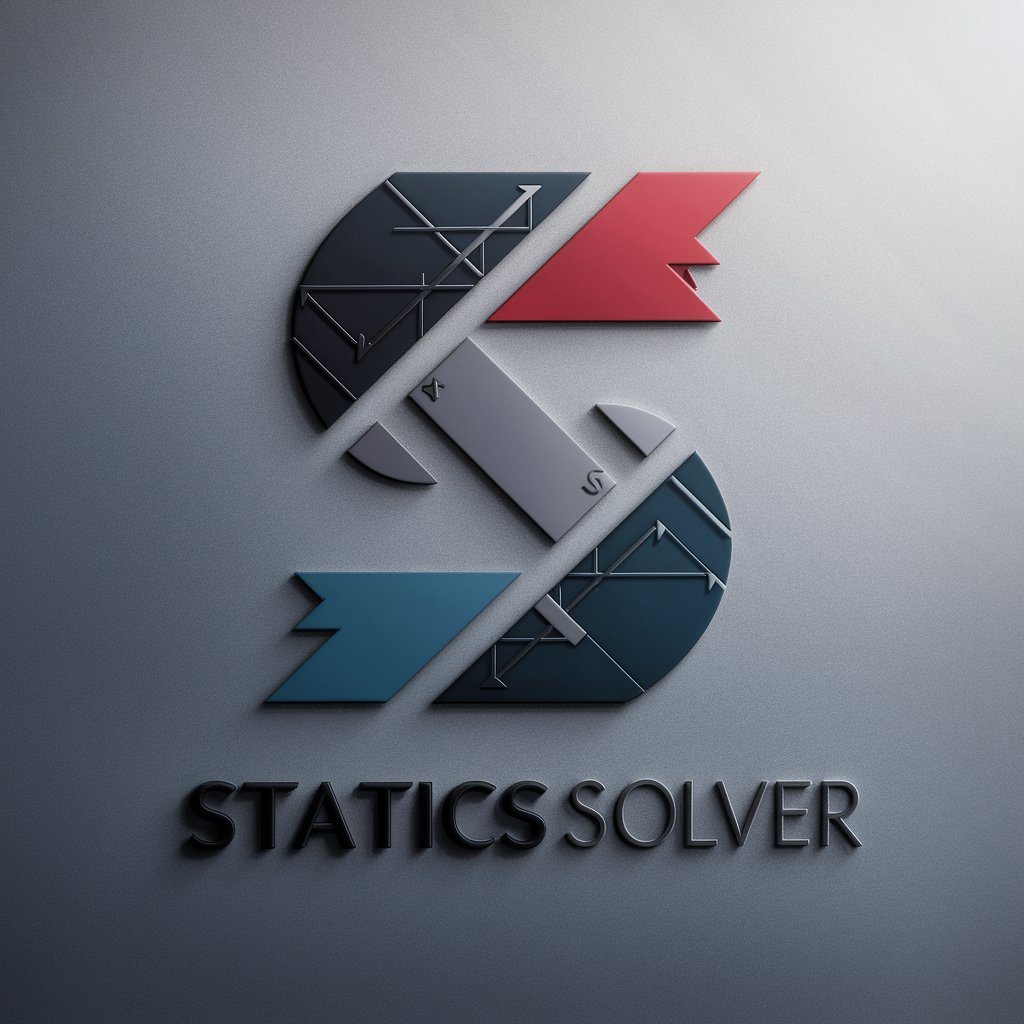
Calculus Solver
Solve calculus effortlessly with AI

Chemistry Solver
Solving Chemistry with AI

Astronomy Guide
Guiding the Stars with AI
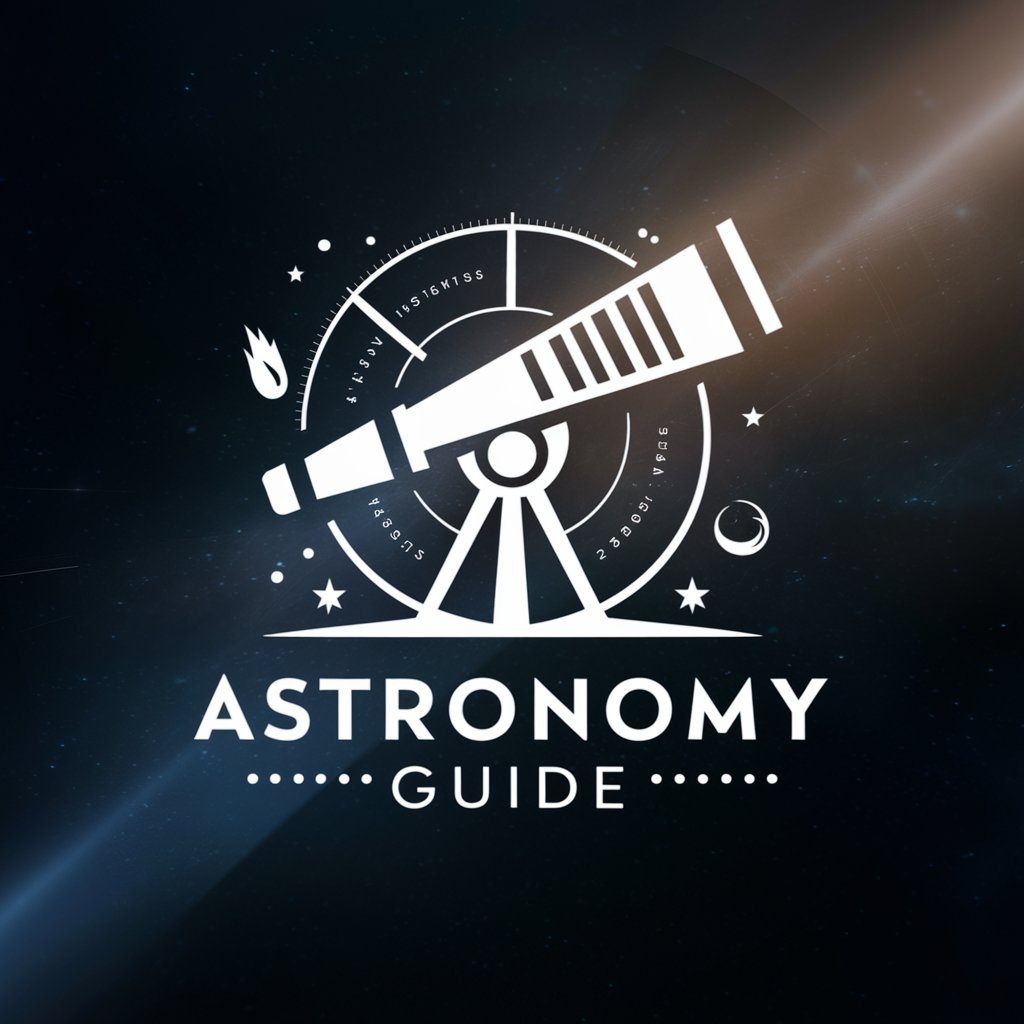
Pawfect Match
Find your pawfect dog companion with AI

Frequently Asked Questions About AI and Oceanography GPT
What is AI and Oceanography GPT?
AI and Oceanography GPT is a specialized tool designed to provide insights and information at the intersection of artificial intelligence and oceanography. It aids in understanding how AI can be applied to marine studies and conservation efforts.
How can AI contribute to oceanographic research?
AI can process vast amounts of oceanographic data, identify patterns, and predict changes in marine environments. It enhances the efficiency and accuracy of research in areas like species distribution, climate change impacts, and oceanic conditions.
Can AI and Oceanography GPT assist in academic writing?
Yes, this tool can provide data, citations, and information relevant to oceanographic studies, assisting in the preparation of academic papers, articles, and research proposals.
Is this tool suitable for marine conservationists?
Absolutely. AI and Oceanography GPT offers valuable insights and data analytics that can aid conservationists in making informed decisions, monitoring marine life, and developing conservation strategies.
How does multilingual support enhance the functionality of AI and Oceanography GPT?
Multilingual support allows users from different linguistic backgrounds to access, inquire, and learn about oceanography and AI applications in their native language, making the tool more inclusive and accessible.
